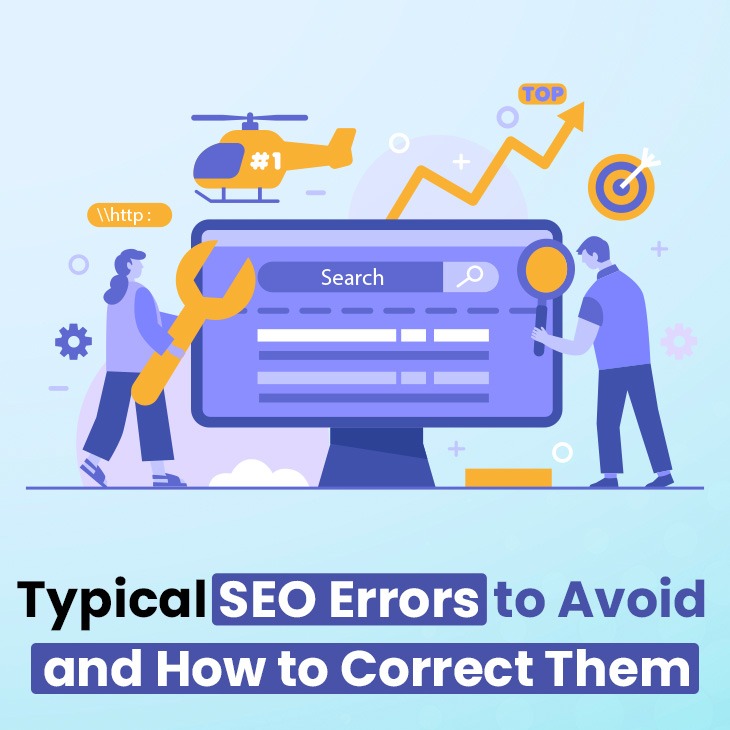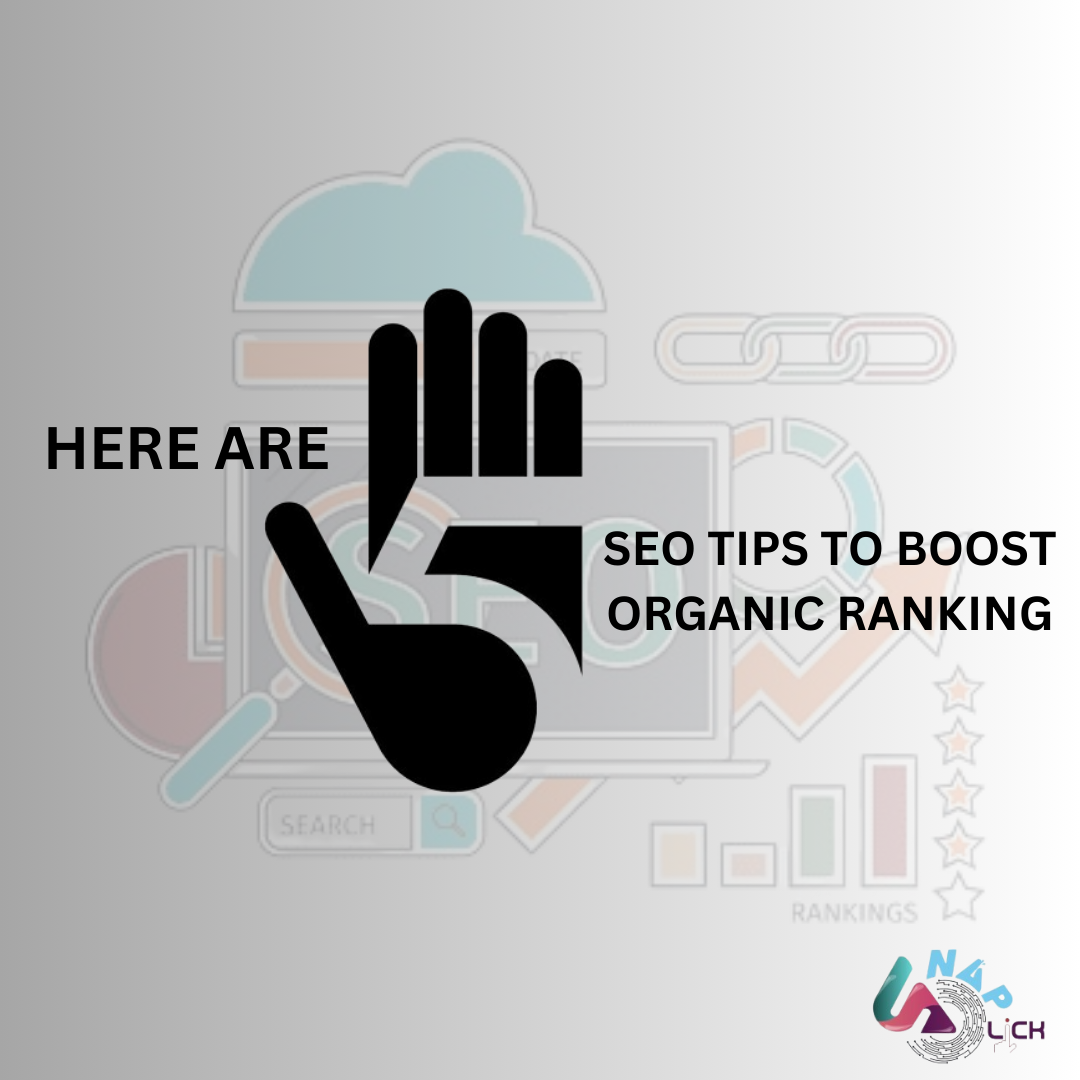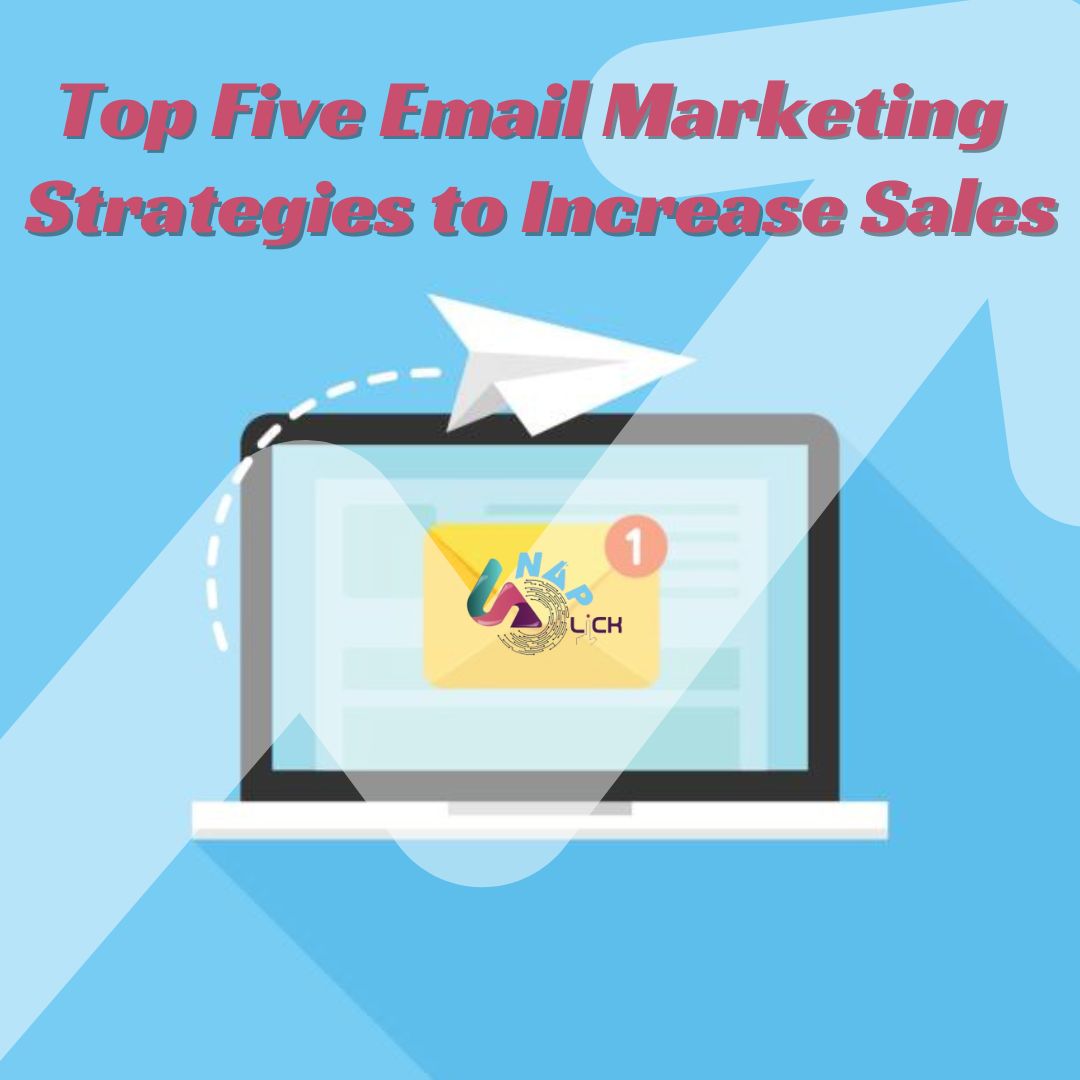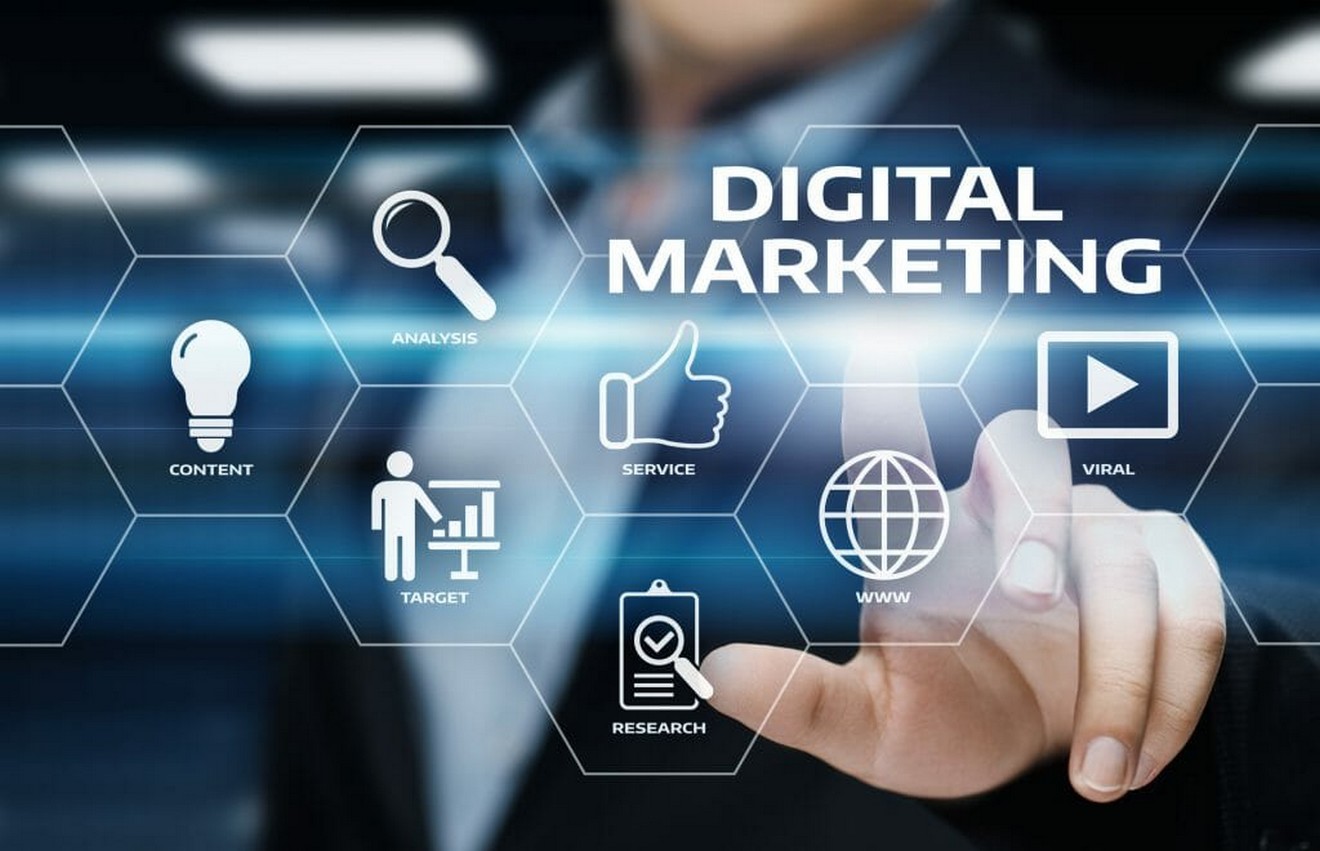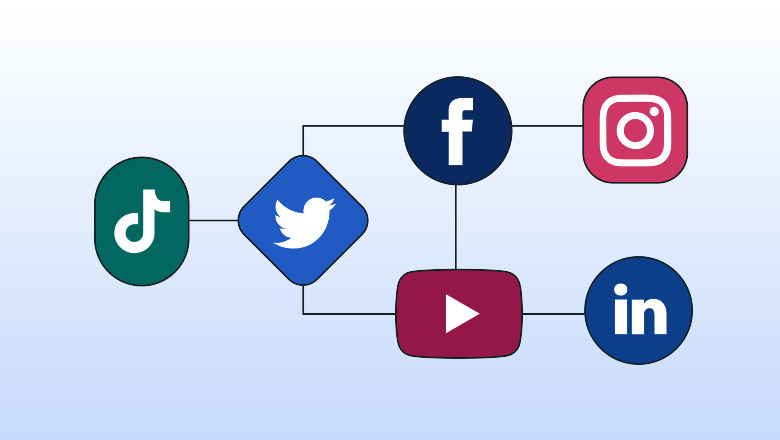
When social media sites like Facebook, Twitter, and Instagram initially became popular in the late 2000s and early 2010s, users saw all posts chronologically.
Users could see the most recent posts from persons they followed, but there was no personalization in our feeds.
Social media sites gradually began to transition to algorithm-based feeds. And by 2016-2017, practically all social media platforms had abandoned chronologically displayed posts.
The Rise of Social Media Algorithms
Algorithms now rule all of our social media interactions. Beyond only showing us posts from people we follow, social media platforms are now focusing on postings customized to our interests, regardless of whether we are genuinely interested in them or not.
How Do Algorithms on Social Media Work?
The term algorithm has been talked about a lot in the last half-decade, mostly in the context of social media.
In simple terms, social media algorithms function by displaying posts that you would ideally like. This information can be determined by algorithms:
- Paying attention to the posts you like
- Taking note of which types of posts you spend the most time on
- Determining which posts get the greatest interaction
- Checking what topics you search for
You can engage with any social media post in a variety of ways. This will, of course, differ from platform to platform, but algorithms generally work by monitoring your online activity.
Social media networks have begun to add dedicated locations where you may skim through recommended content that isn't always from the people you follow in recent years.
However, social media algorithms have revolutionised not only the way people interact with apps but also the digital marketing arena. Let's take a closer look at social media's significance in digital marketing and how algorithms have actually altered marketing.
Continual Change
If there's one thing we know for certain about algorithms, it's that they're constantly evolving. Social media algorithms are regularly modified to reflect improvements, adjustments, and any new advancements that may improve user experience.
While growth is unquestionably good, it also means that digital marketers must react to changes more quickly. They would be easily taken over if they did not adapt to the next "big thing."
- You may have seen as a user that altering algorithms can mean: Seeing less of your favorite accounts (or more of them)
- Limited variety in the posts you see (since algorithms are prone to display posts with which you have previously interacted)
- Seeing more accounts you're unfamiliar with (especially if these are new to you)
To remain visible, digital marketers would have to adapt to all of these developments and constantly switch up their approaches. This means more work for a brand's team, but it also means more potential for growth and awareness if a brand plays its cards well.
However, keep in mind that changes can occur in both ways. Some upgrades will increase your brand's online visibility, while others will decrease it. Understanding how to respond to both of these events (and everything in between) is critical for algorithm adaptation.
More Personalized Content
Personalization is one of the major improvements that algorithms have brought about in the digital and social media marketing spheres. Users are now presented with information that the algorithm believes they would appreciate as a result of social media algorithms.
This has enabled marketers to target specific audiences with their material. As a result, visitors will be able to see product articles or videos that are relevant to them, enhancing a brand's engagement and connection.
As a user, you've most likely seen this in your own social media feeds! If you recently interacted with an ad or post for a pair of Marks & Spencer boots, it's quite probable that the next couple of ads or content pieces you'll encounter are related to those boots.
As social networking companies collect more data on your user activity, the suggestions you see will improve.
Increased Activity
It is well known that algorithms favour presenting accounts that post on a frequent basis. Although there is no hard evidence to back up this argument, the concept is that the more you post, the more visibility you will receive.
Algorithms are dynamic subjects, and there is no single proper method to define how social media algorithms work. However, in most cases, increasing activity in your account will result in increased interaction and, as a result, increased visibility.
So, what does this imply for digital marketers?
Increased activity as a result of keeping up with algorithms is likely to include at least some of the following:
- Increased frequency of weekly posts (many would even advise blogging every day! )
- More time and effort put into interacting in the comments
- Taking time to comment on other people’s posts to improve visibility
- Participating in viral topics to stay relevant
Decreased Reach
Reduced reach is one of the most significant effects the social media algorithm may have on your brand. If you don't make any changes to your methods, your visibility will suffer when algorithms move and change.
This could result in lost purchases, decreased engagement metrics, or decreased user involvement since your posts are not being seen.



 Admin
Admin 